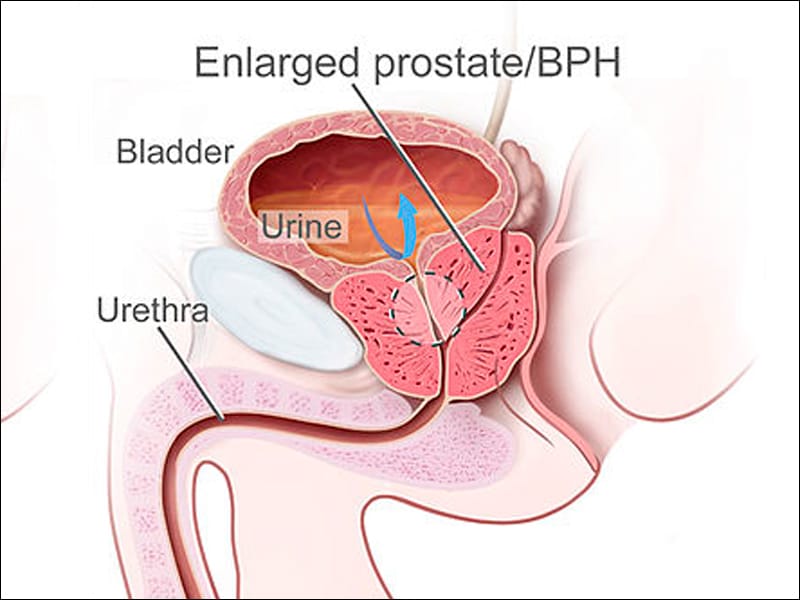180,000 new cases of prostate cancer diagnosed every year

There are approximately 180,000 new cases of prostate cancer diagnosed every year in the United States. In most cases, early prostate cancer does not cause symptoms, which is why it is important to be regularly screened by your physician starting at the age of 50. It is especially important for African-American men and men with a family history of the disease that fall within this age range to get screened, as they are at higher risk for developing prostate cancer.
There are two forms of screening: a rectal exam and a test known as the Prostate-Specific Antigen (PSA) test. The PSA test, while not fool-proof, has been widely used to screen men for prostate cancer. Since doctors began PSA screening, the incidence of prostate cancer deaths has decreased by 40 percent. The PSA test measures the blood level of PSA, a protein that is produced by the prostate gland. The higher a man’s PSA level, the more likely it is that he has prostate cancer. However, there are additional reasons for having an elevated PSA level, and some men who have prostate cancer do not have elevated PSA. If elevated levels of PSA are detected, a biopsy is then used to confirm the diagnosis and determine what stage the cancer is in.
There are available treatments for prostate cancer, such as: active surveillance, robotic surgery, radioactive seed implants, and external beam radiation therapy. It’s important to talk to your physician about which treatment would be best for you, depending on your individual diagnosis. Fortunately, Cone Health has an exceptional network of primary care physicians, urologists, oncologists and other related health providers dedicated to screening, properly diagnosing and treating prostate cancer in patients throughout the community.
